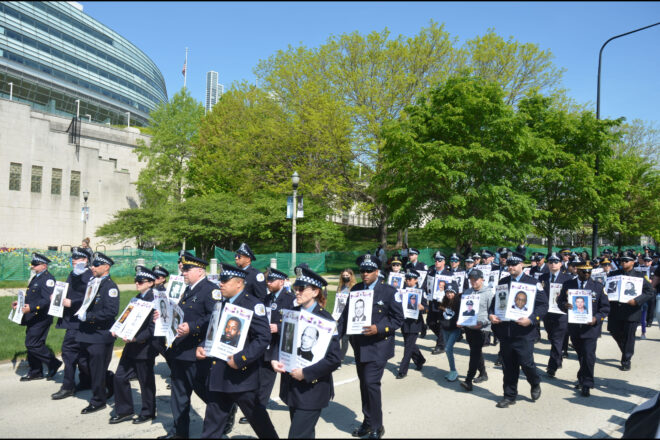Public safety in America’s cities and towns relies heavily upon the strength of the police-community relationship. Public perceptions relative to police legitimacy and the appropriateness of police actions are greatly influenced by media coverage, particularly negative coverage. Contentious encounters involving the police, even in small numbers and spread across the country, when highlighted in the national media can create their own reality.
Following the August 2014 officer-involved-shooting incident in Ferguson, Missouri, two threats to the police-community relationship began to grow dramatically. First, a false media narrative that the nation is suffering from an “epidemic of police violence.” Second, groups with deep political agendas have seized upon (and continue to grow) this narrative by weaponizing a core American value for fairness. During 2020, across America, seismic damage was inflicted upon the police-community relationship. The nation’s police officers have been cast by increasingly successful political forces into the role of “them”- that is to say, the police profession is to an alarming degree being separated from the communities it serves.
Gaining the Knowledge to Move Positively Forward
Whenever the police are viewed as separate and apart from the community, the police will fail in their public safety efforts, disorder and violence will increase, and an increased frequency of incidents viewed as abuses of authority are inevitable. Both public officials and the public-at-large have been increasingly urged by activists (aided by the media and others) to view the police against a deliberately unattainable standard that can best be described as “tragedy-free” policing. This course builds upon the defining article, “Tragedy-Free Policing or Else: The Need for Critical Thinking,” written by our founder, Thomas Lemmer.
Understanding and countering the “tragedy-free” narrative trap will require continuing commitment to the highest possible standards from within the policing profession, and active engagement to grow the voices of support for the police from across the “community of us.” The session will provide clarity on the need for active involvement by our police officers, elected officials, civic leaders, and the community-at-large.
View the promo video we prepared for the October 2021 Breaching the Barricade Conference. This two-minute video provides a brief introduction to the challenges of “tragedy-free” policing.
Meeting the public safety challenges faced by our nation’s law enforcement agencies has not been, and will not be, easy. Highly-effective organizations draw upon the all-levels leadership approach. Elements of the “Leadership is an All-Levels Responsibility” course are interwoven into the two-hour and half-day seminar versions of our “Countering a ‘Tragedy-Free Policing, or Else’ Standard” course.
Need Assistance? Contact Us Now
To learn more about this course, or to start the scheduling process, please fill out the below form or email us at admin@Secure1776.us.
We can also assist your agency with research, onsite inspections, accountability approaches, policy development, performance assessments, process evaluations, supervisory engagement, and operational planning. Customized training and consulting options are possible to meet the specific needs of your agency. Contact us now.


